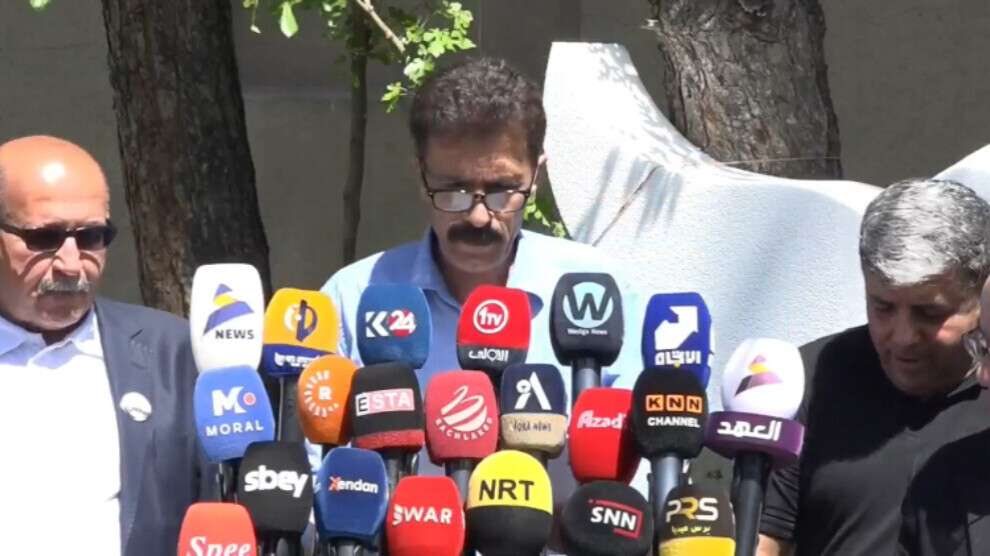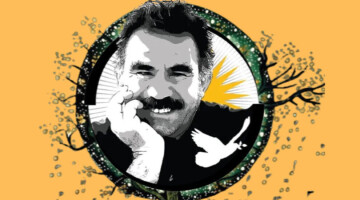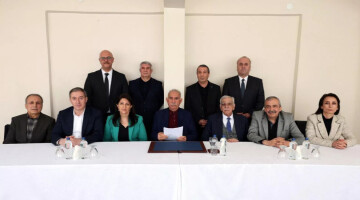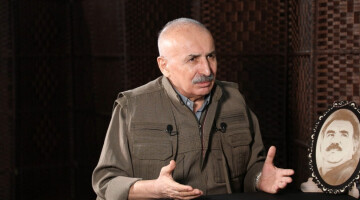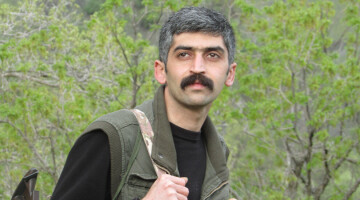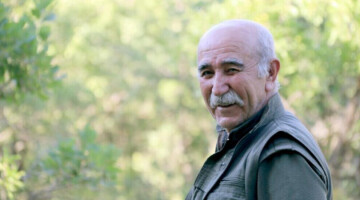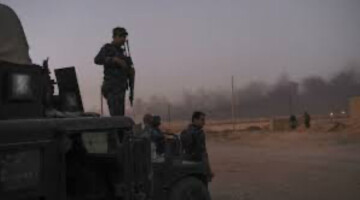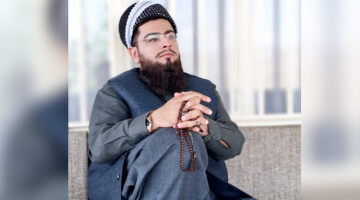Organizations working on genocides made a press statement in Sulaymaniyah on the 37th anniversary of the Anfal Genocide. Since 2004, the 14th of April has been the day of remembrance of the victims of the genocidal Anfal campaign. Bextiyar Mustafa made the statement at the Kurdistan Communist Party Headquarters.
Mustafa stated that a crime against humanity was committed against the Kurdish people in the Anfal Genocide carried out by Saddam Hussein's regime in the late 1980s and that justice has not been served until today.
Mustafa said that although the names of those involved in the massacre were exposed by the Supreme Court in 2007, none of them have been prosecuted or reported to Interpol.
Mustafa listed the demands of the organizations working on genocides as follows:
- The perpetrators of Anfal, for whom arrest warrants were issued on May 20, 2007, should be handed over to the judiciary through Interpol
- The bones of the victims should be exhumed and DNA tests conducted
- The Iraqi government should officially apologize to the victims of genocide
- Victims of genocide, chemical weapons, political prisoners and veterans should be paid full salaries
- The Topzawa Military Base should be preserved and turned into a museum
- The cause of the destruction of Dubiz Military Base should be investigated.
Mustafa emphasized that although these demands have been repeatedly conveyed to the relevant institutions, no concrete steps have been taken so far.
Anfal campaign
Under the name "Anfal Operation," the Iraqi Baath regime carried out a series of attacks on the Kurdish population and other minorities such as the Assyrians and Chaldeans in rural areas of northern Iraq between 1986 and 1989. Anfal means "spoils of war" and refers to the eighth surah of the Koran, which describes a strategic act of war against infidels. In 1988, the operation reached its peak. The Baath regime used the name Anfal for a systematic extermination operation against Kurds, which took place between February 23 and September 6, 1988.
The Kurdish population, oppressed by the regime, had sided with Tehran since 1986 in the Iran-Iraq war. During the course of genocide, the "restricted areas" proclaimed before the massacres started to be expanded in the Kurdish areas and the local population forcibly evicted. Regardless of age and gender, people were accused of being Iranian agents and forced to flee. Those who remained were expatriated. During the Anfal operation, up to 182,000 Kurds were killed, millions injured, displaced and left in concentration camps to the painful death of hunger and lack of care. More than 4,000 villages, 1,800 schools, 300 hospitals, 3,000 mosques and 27 churches were razed to the ground. The most notorious genocidal attack of the campaign was the chemical attack on Halabja on March 16, 1988.
The Anfal operation was ordered by Ali Hassan Al-Majid, a cousin of Saddam Hussein known as "Chemical Ali" and organized in eight phases. In 2006, an Iraqi Special Tribunal (Iraqi High Tribunal) qualified the Baath regime's crimes against the Kurds as genocide. During the Anfal trial, Ali Hassan Al-Majid and other Iraqi officials were convicted in June 2007 of crimes against humanity, war crimes and genocide.

